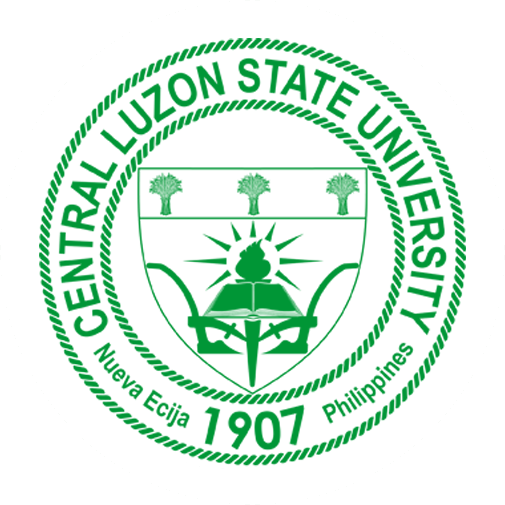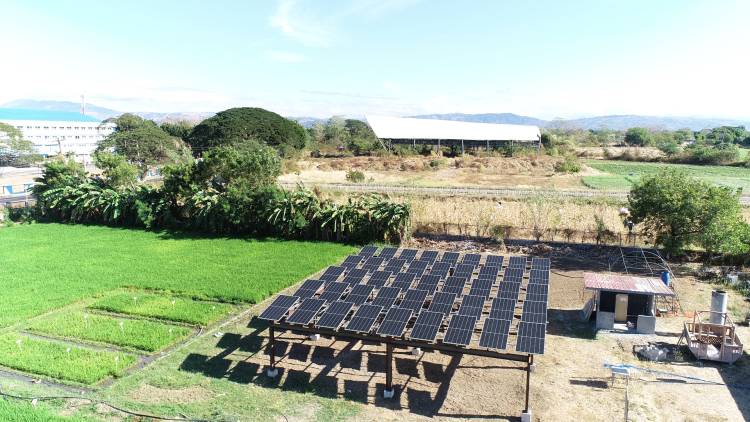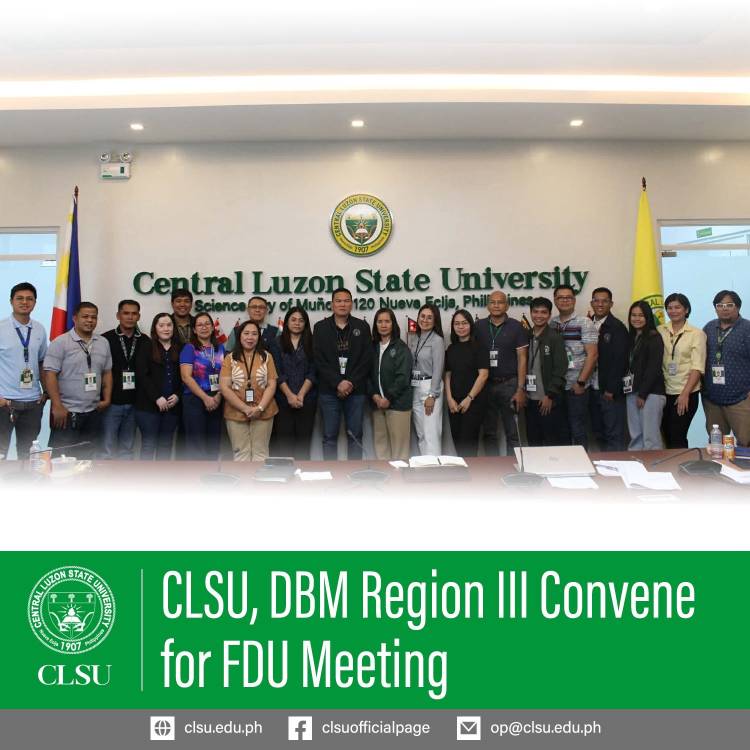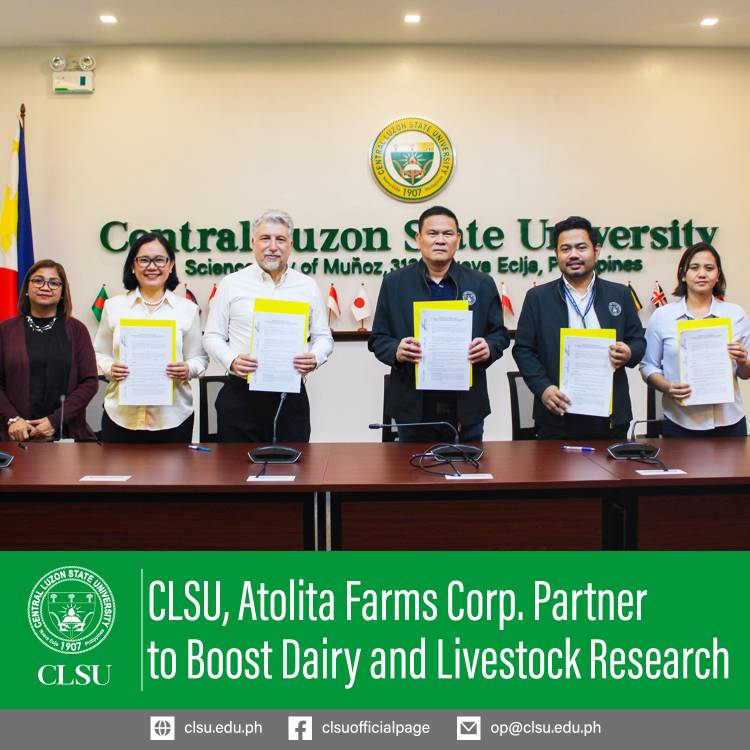CLSU, DBM Region III Convene for FDU Meeting
To ensure efficient budget utilization, the Department of Budget and Management (DBM) Region III conducted a Full-Time Delivery Unit (FDU) meeting at the Central Luzon State University (CLSU) New Administration Conference Room on February 26, 2026. The meeting served as an avenue to evaluate the university’s financial and physical performance. Particular scrutiny was applied to the status of ongoing infrastructure projects funded under the General Appropriations Act (GAA). University President Dr. Evaristo A. Abella spearheaded the presentation, highlighting the university’s key milestones and fiscal accomplishments from the preceding year. To further validate the infra projects, a technical team from the DBM—composed of Chief Budget and Management Specialist II Ms. Adoracion Q. Mangalino, and Specialists Ms. Andrea Anne R. Tulabut and Ms. Arnelie R. Guiao—conducted on-site inspections of both ongoing and completed physical infrastructure developments to ensure compliance with government standards and timelines. The key officials present were Vice President for Administration, Dr. Ariel G. Mactal, Director of Financial Management Services Office, Ms. Jinky Parugrug, Director of Strategic Planning and Infrastructure Management Office, Mr. Ryan Esteban, Director of Administrative Services Office, Dr. Cheryl Ramos, and Director of Human Resource Management and Development Office, Mr. Jonathan Gurion, to provide data-driven insights and respond to specific inquiries regarding their respective functional areas. The session concluded with an open forum, further reinforcing CLSU’s commitment to transparency, collective decision-making, and good governance.








